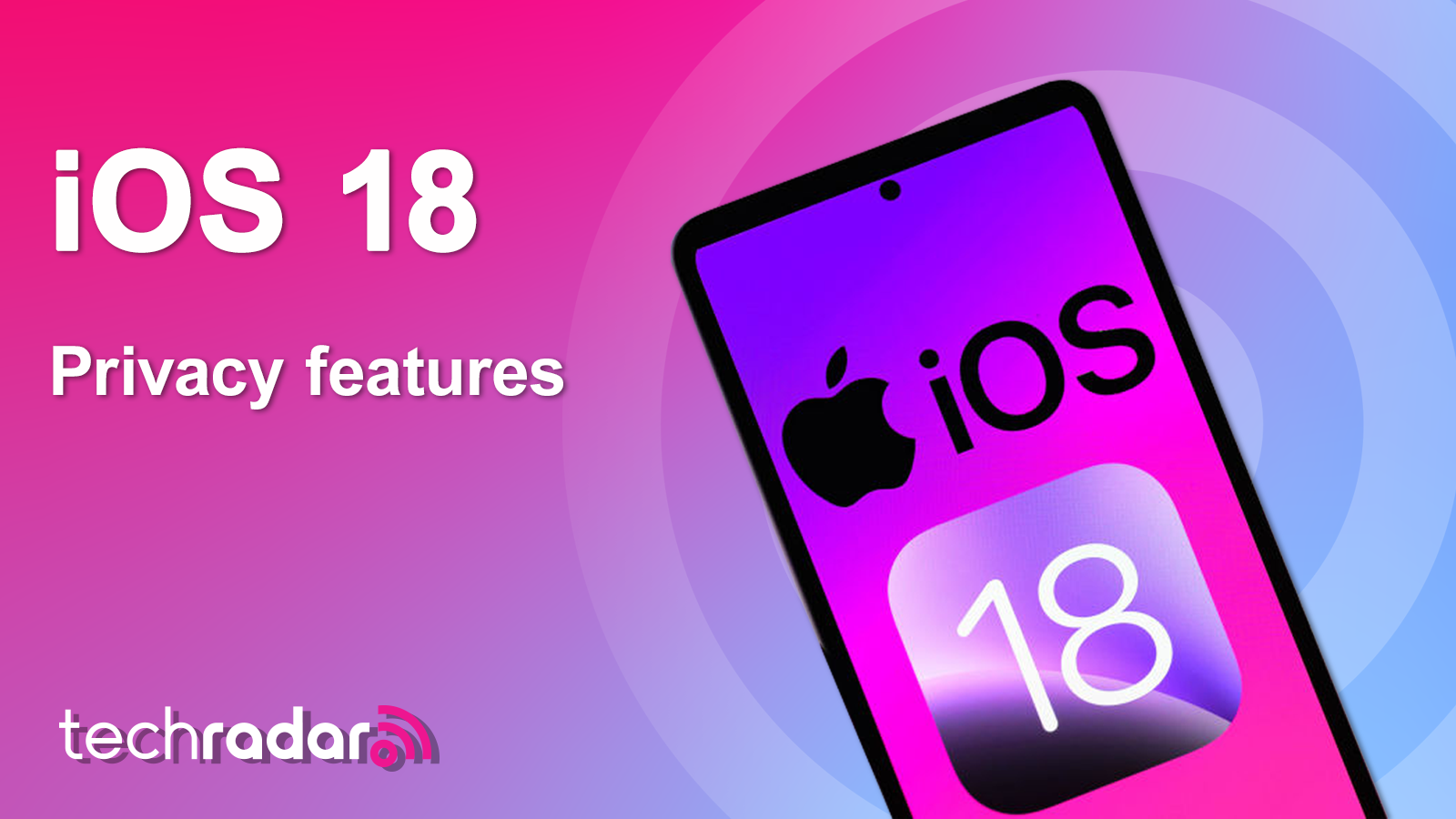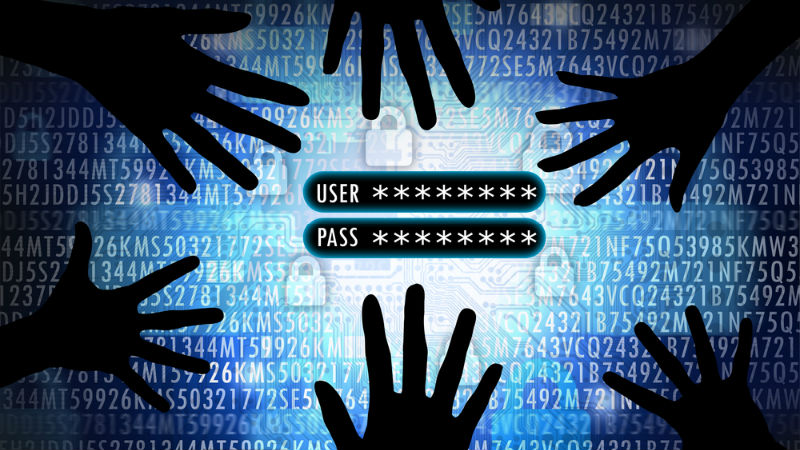I'm a privacy expert—here are the 4 iOS 18 features I'm excited about
iOS 18 puts your privacy back in your hands

Excitement about the upcoming iPhone 16 release alongside iOS 18 is at a fever pitch following the launch event on September 9th. The leap from iOS 17 to 18 is set to be pretty significant—especially in terms of app privacy.
iOS 18 gives us new and inventive ways to customize the home screen, more interactive widgets, and even a chic dark mode but, for me, the ability to lock and hide apps, and the shiny new password manager, are the real stars of the show.
Some of these upgrades have been seriously long-awaited—so let's dive right in and run through my favorite iOS 18 privacy features.
1. Lockable apps
Passcodes, Face ID, and Touch ID—your iPhone can be locked in all sorts of ways. If you give your phone to someone after you've unlocked it, however, maybe to check out a video or string of texts, there's nothing to stop them from rifling through it to see which apps you've installed.
Naturally, you might have some you'd rather keep private, like medical and health-related apps, and iOS 18 gives you the power to give them all a boost of privacy.
Locked apps will require you to punch in a passcode or use biometric authentication
There are third-party apps that already require you to validate your identity before accessing them—like banking apps—but the new iOS upgrade will let you lock pretty much every app on your phone (excluding ones deemed non-sensitive such as the clock, calculator, and Maps).
Locked apps will require you to punch in your passcode or use the biometric authentication of Face ID or Touch ID. Once an app is locked, the information it contains won't appear elsewhere on your phone, either, further reducing the risk of snoopers stumbling across data that they shouldn't.
Get daily insight, inspiration and deals in your inbox
Sign up for breaking news, reviews, opinion, top tech deals, and more.
2. Hidden apps
If you want to take things a step further and hide specific apps, even if they're locked, then you're in luck. With iOS, you can hide any app you have installed and tidy it away into a specific folder for hidden apps.
Hidden apps are well and truly hidden—you won't see the icon or name on your home screen, no notifications will pop up to give the game away, and the hidden app folder is tucked away in your App Library.
Some people might argue that a dedicated folder isn't the most discreet way to conceal apps—but the folder is locked behind Touch ID or Face ID. So, even if someone knows it's there, they won't be able to check out its contents.
This is especially useful if you want somewhere to store all your sensitive apps, away from prying eyes, or if you need to keep certain e-commerce apps away from children who might accidentally purchase things when they have hold of your phone.
3. Improved app permissions
From a privacy perspective, app permissions have always been a hotbed of concern, with loopholes constantly undermining data privacy and greedy apps collecting more data than they need. So, I'm glad to see that iOS 18 lets users pick and choose which contacts are visible to specific apps—it's a big step in the right direction.
Sometimes you just don't want an app to have unfettered access to everyone in your social circle. Health apps containing sensitive information or LGBT dating apps are a few prime examples where you might want to pick and choose contact permissions.
Sometimes you just don't want an app to have access to everyone in your social circle
Prior to this update, if an app wanted access to your iPhone's address book, you could either let it check out all your contacts or none at all—but now you'll have granular control. First, you'll be asked if you want the app to access your contacts, and then you'll be prompted to select which ones.
These permissions also come in handy if you're planning a trip with friends who are all using the same travel app, for example, or if you have dedicated work apps that you use to stay in touch with coworkers or clients.
4. A dedicated password app
Okay, so the big winner for me, a self-styled privacy nut, is the built-in password app that'll come with iOS 18. Anyone who upgrades to iOS 18 will have access to it.
The password app will be your one-stop shop for all things authentication. It's where you can save your passwords, verification codes, login details, and even Wi-Fi passwords. Everything is split into sections, to make it easier to navigate, and you can even check out deleted logins—just in case.

A flimsy password isn't doing you any favors. Check out our guide to today's biggest password mistakes to keep your login details secure.
I especially like that the app will alert users if they're using weak passwords—or if their details have been involved in a data breach. A quick response to these incidents can prevent further leaks, putting the upcoming app in line with today’s best password managers in terms of utility.
Best of all, you can lock and hide the password app, so it’ll require Touch or Face ID to access, and all of the information inside is protected by end-to-end encryption.
Apple is also working on allowing users to import passwords from other managers—so watch this space.

River is a Tech Software Editor and VPN expert, helping take care of cybersecurity content on TechRadar, ranging from reviews, buying guides, and must-have VPN deals. River's expertise in the cybersecurity field opened their eyes to the startling amount of online snooping we accept into our daily lives. Now, River is committed to fighting for your right to digital privacy by shining a light on its biggest threats – and helping readers safeguard their data with the help of a VPN. Surfshark is River's favorite VPN, and they use it every day to keep their most sensitive details out of the hands of third-party trackers.